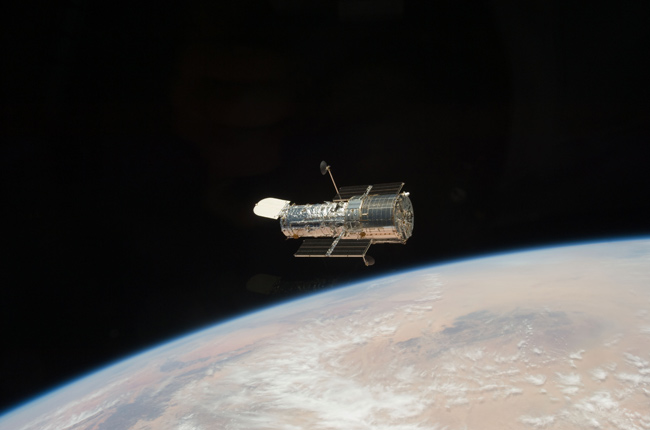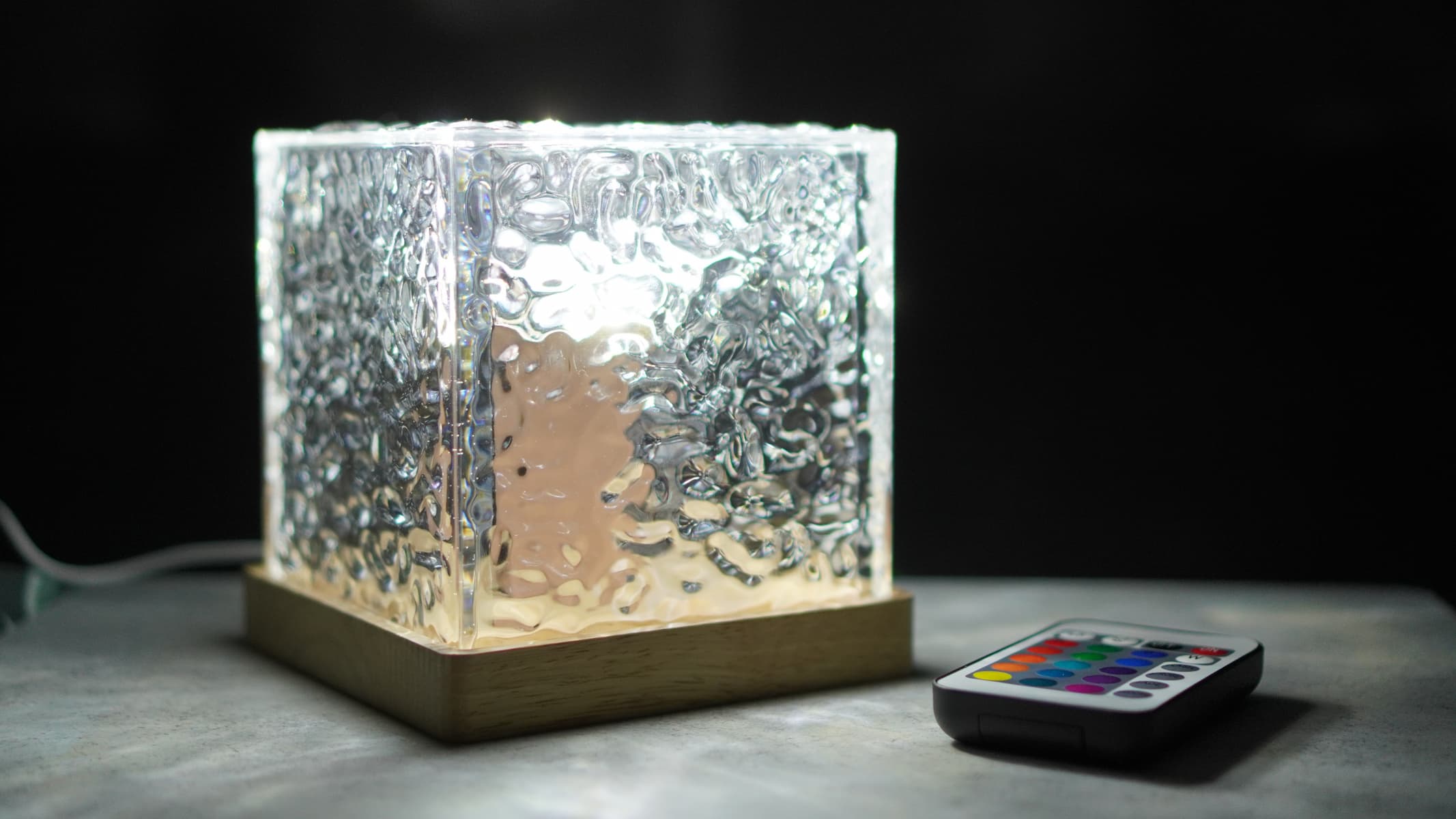Hubble Telescope Bounces Back from Computer Glitch

The HubbleSpace Telescope is bouncing back from a potentially alarming computer glitchjust weeks after its last overhaul by astronauts.
Hubbleprogram manager Preston Burch told SPACE.com that a computer in the iconicobservatory?s new data handling unit seized up inexplicably early Monday,forcing engineers on Earth to reboot the space telescope remotely.
?It lockedup on us,? Burch said. ?It wouldn?t send any telemetry and wouldn?t accept anycommands. It totally isolated the instruments from either onboard or on theground.?
Themalfunction lasted about 14 hours before engineers were able to jumpstart the 19-year-oldHubble by shutting the telescope off, then restarting it remotely from thetelescope?s mission operations center at the Goddard Space Flight Center inGreenbelt, Md.
?Wecertainly hope it?s temporary,? Burch said, adding that the glitch could becomea bigger concern if it occurs more than a few times a year.
Hubble?sinstruments are healthy and in good shape now, but the problem has delayed thecheckout process of instruments installed by astronauts last month by about aweek, Burch said.
The spacetelescope is morepowerful than ever after its latest overhaul by astronauts last month,mission managers have said.
Get the Space.com Newsletter
Breaking space news, the latest updates on rocket launches, skywatching events and more!
Glitchunder review
NASA tracedthe glitch to a control unit at the heart of Hubble?s new science data handingmodule, which is responsible for beaming telescope images and data to Earth, aswell as receiving commands from ground control.
Astronauts installedthe device last month during their recentservice call in order to replace an older one that failed last year. Hubbleactually has two different strings of the unit for redundancy, a Side A andSide B, and is currently using Side B.
?Theoutcome could have been a lot worse,? Burch said. ?When this first happened,there was some fear and dread that this was a permanent failure that would forceus to move to Side A. We were feeling kind of upset about that.?
RebootingHubble by shutting down power and reactivating it - much like you would reboota frozen computer - was the last option before contemplating the tricky switchto the Side A backup system, which is already 19 years old, Burch said.
Hubblemanagers will discuss the glitch?s impact in more detail on Friday.
?I don?tknow that we will ever fully be able to identify the root cause of the problem,?Burch said.
Launched in1990, Hubble received its final overhaul in May by a team ofseven NASA astronauts aboard the shuttle Atlantis.
Themission, NASA?s fifth and final service call, included unprecedented repairs torevive two broken instruments. Two new cameras and other maintenance gear werealso installed by astronauts during the flight?s five spacewalks.
UntilMonday?s glitch, the tests and checks of Hubble?s new systems were going well.
?It wasgoing as smoothly as you could hope,? Burch said. ?It was right on track andall the equipment has been working beautifully.?
NASA hopesto release the firstnew images from Hubble using its new cameras in September.
- New Video - Home Movies From Hubble - Telescope's Release
- New Video Show - Hubble's Final Shuttle Service Call
- Image Gallery - Hubble's Latest Views of the Universe: Part 1, Part 2
Join our Space Forums to keep talking space on the latest missions, night sky and more! And if you have a news tip, correction or comment, let us know at: community@space.com.

Tariq is the Editor-in-Chief of Space.com and joined the team in 2001, first as an intern and staff writer, and later as an editor. He covers human spaceflight, exploration and space science, as well as skywatching and entertainment. He became Space.com's Managing Editor in 2009 and Editor-in-Chief in 2019. Before joining Space.com, Tariq was a staff reporter for The Los Angeles Times covering education and city beats in La Habra, Fullerton and Huntington Beach. In October 2022, Tariq received the Harry Kolcum Award for excellence in space reporting from the National Space Club Florida Committee. He is also an Eagle Scout (yes, he has the Space Exploration merit badge) and went to Space Camp four times as a kid and a fifth time as an adult. He has journalism degrees from the University of Southern California and New York University. You can find Tariq at Space.com and as the co-host to the This Week In Space podcast with space historian Rod Pyle on the TWiT network. To see his latest project, you can follow Tariq on Twitter @tariqjmalik.
